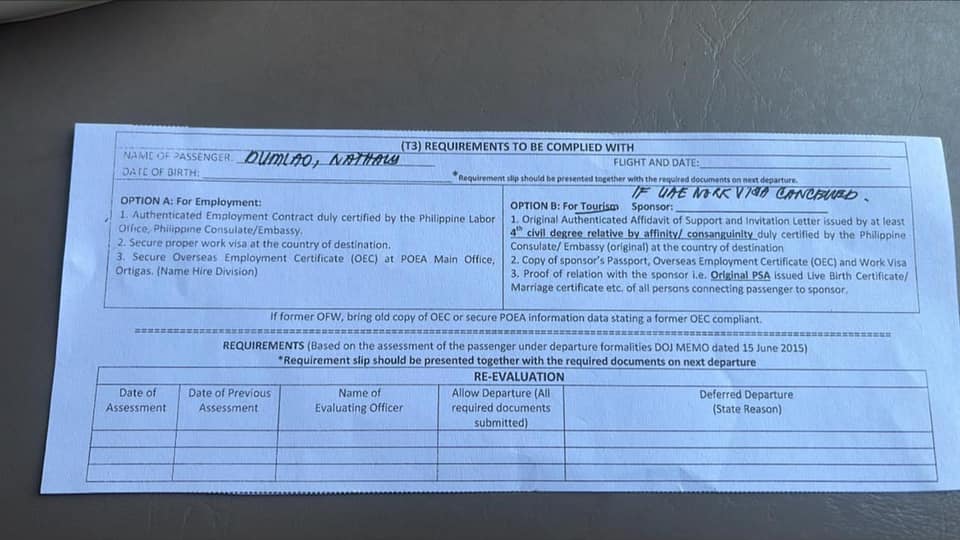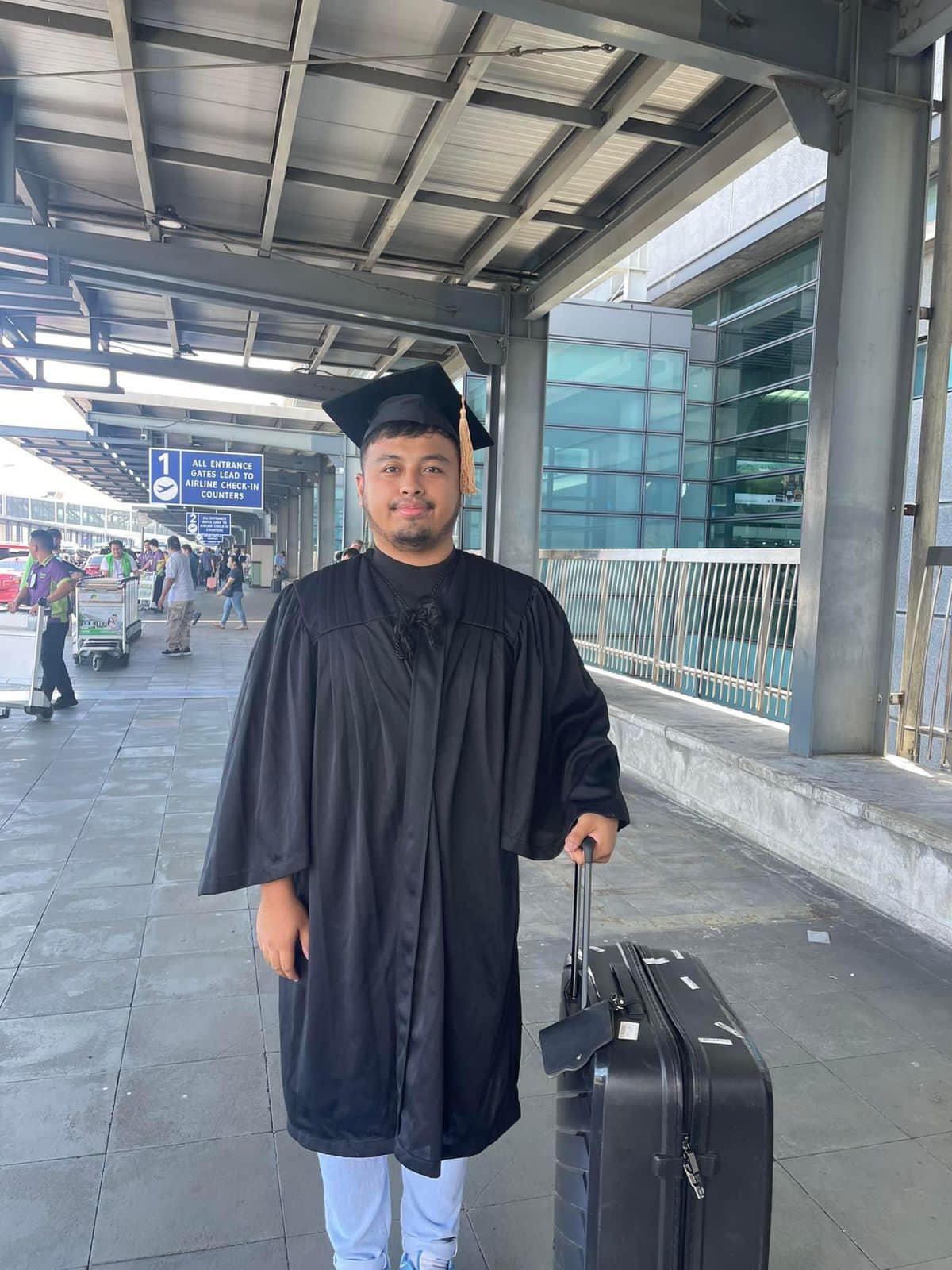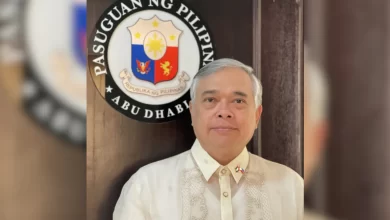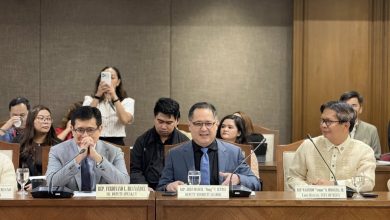Have you heard of TOTGO? No, it’s not the name of your ex’s new flame. It stands for “The One That Got Offloaded” – a term we coined to capture the tales of those who were barred from boarding their flights. The Filipino Times sheds light on OFWs’ immigration woes.
As the saying goes, there are only two types of people who will cross our paths: “The one that found its way” and “the one that got away,” also known as TOTGA. Interestingly, heartaches from the latter also extends to Filipino travelers who, due to certain circumstances, get stopped by the Bureau of Immigration (BI) from leaving the Philippines. In a witty play on words, we can call them TOTGO, or “the ones that got offloaded”. It’s a term that captures the frustration that many Filipino travelers feel when their dreams of adventure or opportunities abroad are put on hold.
Respecting the rights of travelers is just as important as combating human trafficking, as demonstrated in a recent incident involving a Filipina traveler who missed her flight to Israel after facing “irrelevant” and “intrusive” questions by an immigration officer—such as why she appeared “fatter” in her yearbook photo.
The incident has sparked a call for greater sensitivity and transparency in immigration procedures. After a social media backlash, more unpleasant immigration experiences of Filipino travelers came to light.
As part of its mission to combat human trafficking, BI implements strict screening measures. But travelers ask: “When did a yearbook become a travel requirement, in the first place?”
Atty. John Rio Bautista, Labor Attaché in Dubai and the Northern Emirates, in an exclusive interview with The Filipino Times, said: “It’s great to have measures in place to prevent illegal recruitment and trafficking in persons, but we also need to ensure that we don’t infringe on the travel rights of Filipino citizens.”
He added, “As long as travelers comply with the necessary requirements and intend to work overseas, they should be protected and documented by passing through the POEA [Philippine Overseas Employment Administration] or the Department of Migrant Workers.”
‘Why are you still single?’

In TFT’s Tanong ng Bayan, netizens have shared their immigration stories with the majority claiming to be “unreasonably offloaded”.
Bea Avila, a maintenance coordinator, recalled how a piece of paper given by an immigration officer was meant to be a reminder of the pain of not being able to fly.
Avila said it was the “worst experience” having been asked “degrading” questions not related to travel such as ‘Why are you still single?’ and ‘Are you sure that there is money in your bank account.’”
She was offloaded because she couldn’t present a physical copy of the payment receipt to her agency in Dubai, despite having it on her phone. When Avila requested the immigration officer to provide a note stating her name and the reason for being offloaded, the only response she received was ‘Okay na po yan.’”
‘Cancel your UAE work visa to travel’

Nathaly Dumlao, a human resources assistant, shared her “traumatizing” immigration experience on social media. She was barred from traveling to Hong Kong to celebrate her anniversary and birthday because she had an active working visa in the UAE.
The immigration officer asked her to cancel her working visa before she could travel to another country. Dumlao expressed her disappointment and called it “unreasonable” not to allow herself a reward after working hard as an overseas Filipino worker (OFW).
Both Dumlao and Avila hope for more professional and reasonable treatment from immigration officers.
Avila suggests that immigration officers should ask appropriate questions, while Dumlao calls for action and a full investigation.
Wearing toga: ‘Ewan ko nalang’

Offloading, or being told you can’t leave the country by an immigration officer, is a bummer. But after the infamous “yearbook issue” that went viral, some Filipino travelers have found a silver lining by showing off their creativity at airport immigration.
Case in point: Jim Morales, who donned a graduation gown (a.k.a toga) for his flight to Japan and went viral on TFT.
Morales explained that he did it to hopefully avoid pesky questions from immigration and spread some joy while doing so. Thankfully, his plan worked and he successfully passed through screening and landed safely in Japan. Who knew graduation attire could double as a lucky travel charm?
“I was nervous that I might be asked a lot of questions so as a comedian, I brought my toga with the hopes not to be questioned and of course, immigration is trending and I just wanted to make others happy,” he said.
Clarissa Fermin, a freelancer and frequent traveler, had a different experience with immigration. She was never offloaded because she had all the necessary documents ready. However, Fermin found the line of questioning to be “highly unprofessional and too personal”.
In her interview with TFT, Fermin recounted a female immigration officer who she believes needs to be retrained.
“She (I won’t say ‘they’, since I have only had this awful experience with that one woman) definitely needs to be retrained and learn some etiquette. She was abusive with her power and she honestly should not be an immigration officer.” Fermin said.
Cellphone check: Is it legal?
As per the Philippines’ Bill of Rights, every person has the right to privacy in communication and correspondence. Thus, in general, immigration officers do not have the authority to “randomly” search or check the mobile phones of travelers entering or leaving the country without any valid reason or warrant.
The Bill of Rights, Section 3 (1), upholds Filipinos’ right to communication privacy “except when there is a lawful court order” or “when public safety or order requires, as prescribed by law.”
This implies that immigration officers can ask to check the phones or electronic devices of passengers only if they have a “reasonable suspicion” that they are carrying illegal or prohibited materials, such as pornography or terrorist-related content.
Is a roundtrip ticket required?
According to BI’s Memorandum Circular No. 036, tourist passengers must present a valid passport, visa if required, and a round-trip or return ticket during primary inspection.
Meanwhile, departing OFWs should have a valid passport, visa per country-specific advisory from the POEA, airline/seacraft travel tickets, and an e-receipt or Overseas Employment Certificate (OEC) issued by the Pre-Employment Services Office of the POEA.
Beware of human traffickers
Moreover, Filipino travelers must also understand that the dangers of human trafficking and illegal recruitment are real. Hence, strict immigration rules are in place to ensure the safety of travelers.
According to the latest statement from the Bureau of Immigration (BI), 32,404 Filipinos were stopped from leaving the country in 2022.
Among them, 472 were confirmed to be victims of human trafficking or illegal recruitment. Shockingly, 10 minors were also found to be attempting to work abroad, and 873 individuals presented false documents or provided misleading information.




